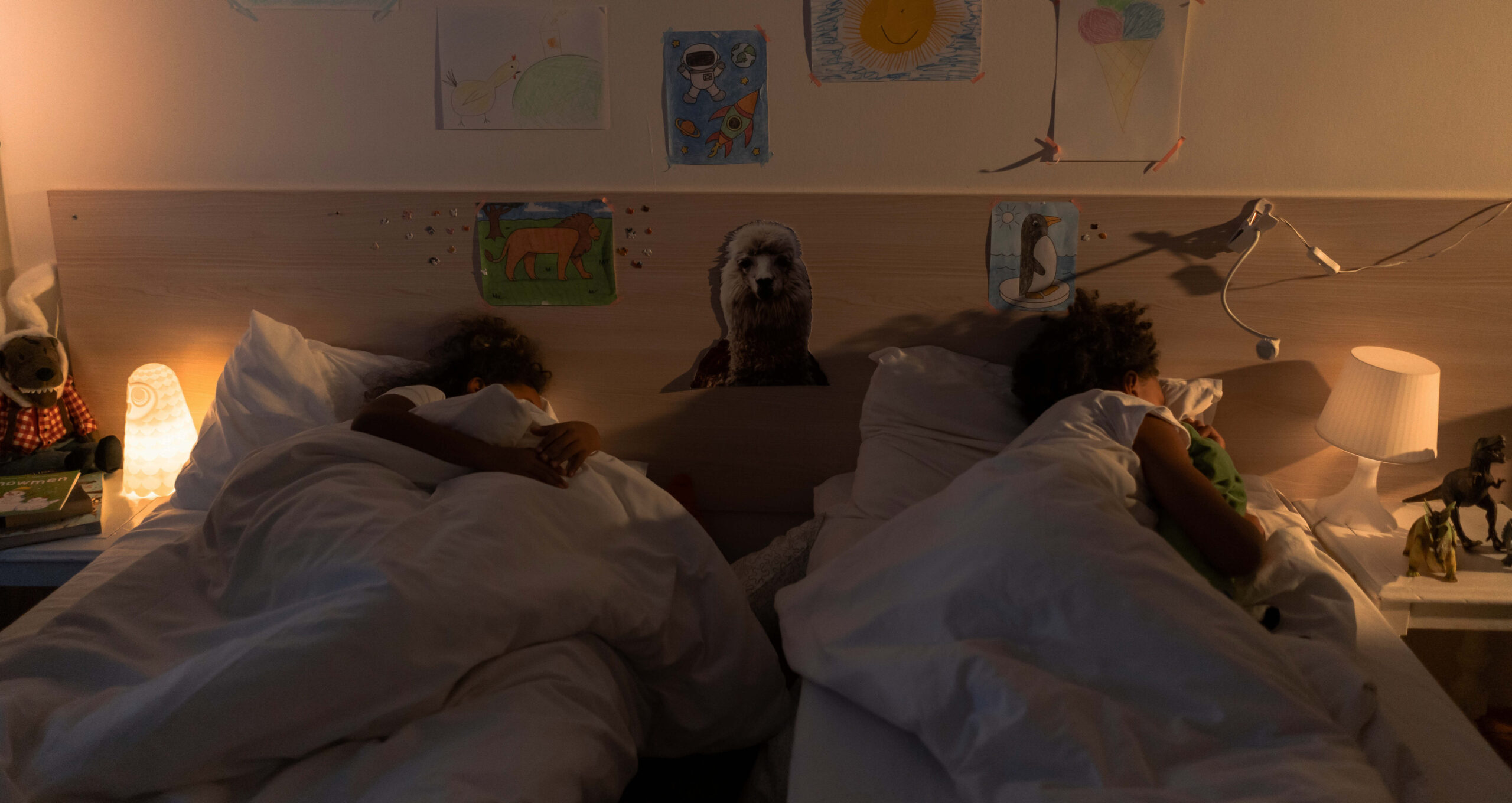“The current advice to parents about bedwetting is nowhere near as bad as the advice of the past, but just in case, here are some things not to do.”
– Sarah Fitz-Claridge
From the archives: The original post was posted on 30th August 2009
“Suppose an 8-year old child wants badly to spend the night with other friends, but he is afraid that he will wet the bed when he is asleep and be embarrassed and teased by his friends, and that he has these accidents 2 or 3 times per month. Suppose the pediatrician says there is nothing physiologically wrong with him, that the problem is more common than is known and that he will grow out of it.”
According to a website that no longer exists:
Enuresis (night-time bedwetting) can be normal up to age 8, but that doesn’t make it any less embarrassing for some children to wet a bed, especially when he or she is at a friend’s home for a sleepover. Possible options to discuss with the child include wearing some of the more discreet (not bulky) pull-on nappies under their pyjamas, using a silent vibrating alarm designed to wake the child when wetness is detected if that works for them at home, asking the paediatrician to prescribe anti-enuresis medication for use during the sleepover, using a silent vibrating alarm such as those in many mobile phones to wake the child at whatever time or times he (it is more often male children) would like to be woken so that he can get up and go to the lavatory in the night. If he wants to be woken up once or more in the night to get to the lavatory, I would advise the child to try to make the trip to the bathroom without turning on the lights (a very dim torch might help) because turning on a bright light is known to disrupt sleep, whereas making the trip without light need not necessarily disrupt the sleep. The child might also like to practise sleeping in different beds in different rooms at home if he thinks that might help him not to feel anxious about sleeping in a new environment.
Do you think the child might like one of those suggestions?
More generally, I’d also consider the possibility that the enuresis might be anxiety-related, and if it did seem to be, obviously that would be a problem to solve, but it is now thought that this is a less-likely cause in children who have never been consistently dry at night.
For the current thinking in Britain’s NHS see this page and this page.
What I would not do would be to:
- make an issue of the bedwetting
- embarrass the child in any way
- make or ‘encourage’ the child change the sheets himself or ‘help’ me do so
- ‘reward’ the child when the bed is dry <shudder>
- expect the child to sleep in a bed that smells of urine (buy a new mattress and waterproof cover and soak urine-stained sheets and bedclothes in liquid borax before washing)
Any other ideas, anyone?
Rod suggested:
“What part of the sleep over does he want to go to—maybe he would like to be picked up at midnight or 1:00 or even dropped back off in the morning or not—never did have fun the morning after a slumber party myself. Maybe sleeping over really isn’t what he is comfortable with.”
See also:
- “Help! My baby hates diaper changes! Ideas for baby-pleasing solutions”
- Respecting children’s privacy
- No way out—and loving it
Sarah Fitz-Claridge, 2009, ‘Bedwetting and sleepovers’, https://takingchildrenseriously.com/bedwetting-and-sleepovers
